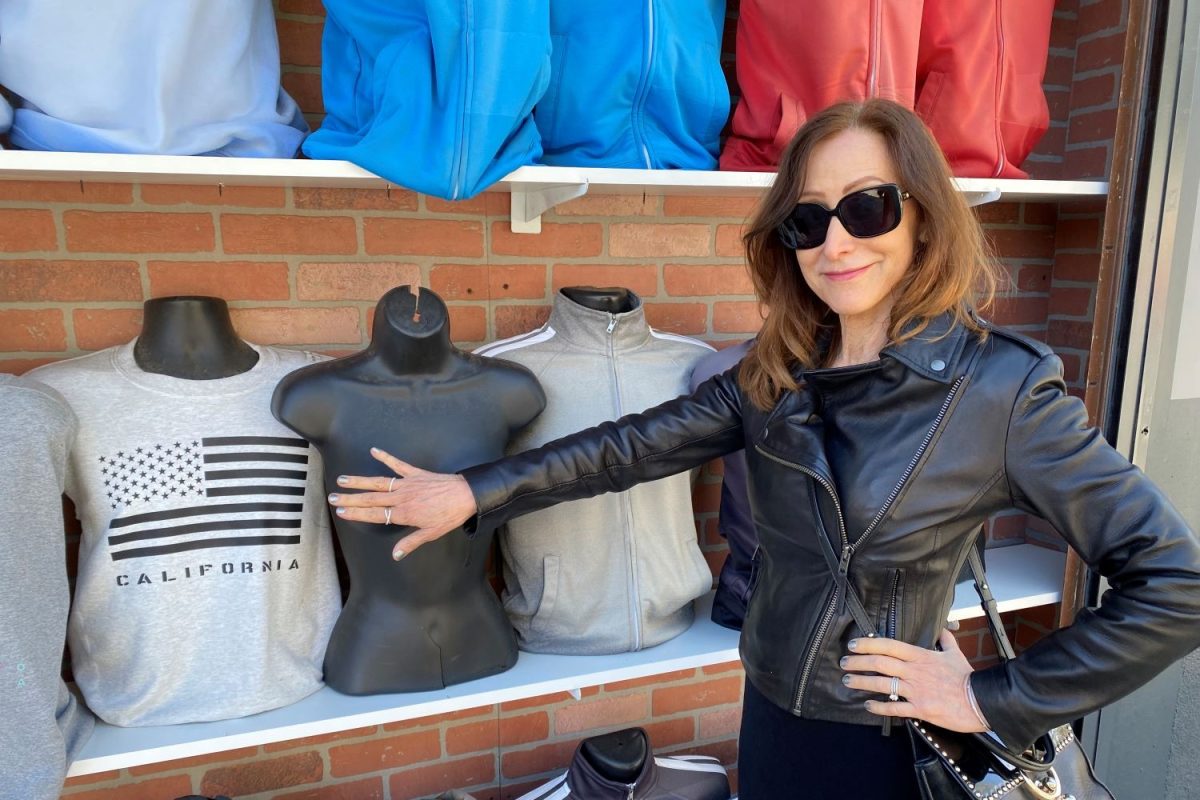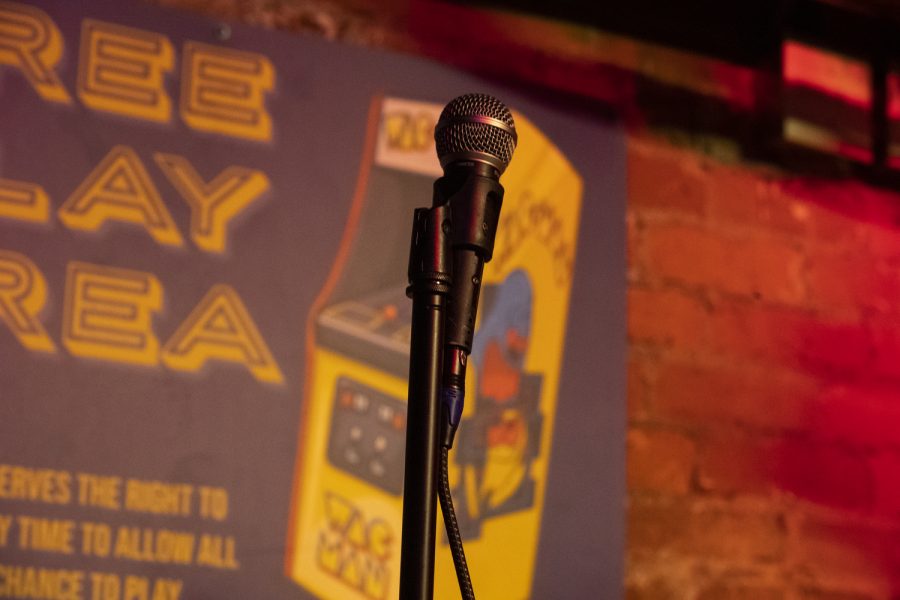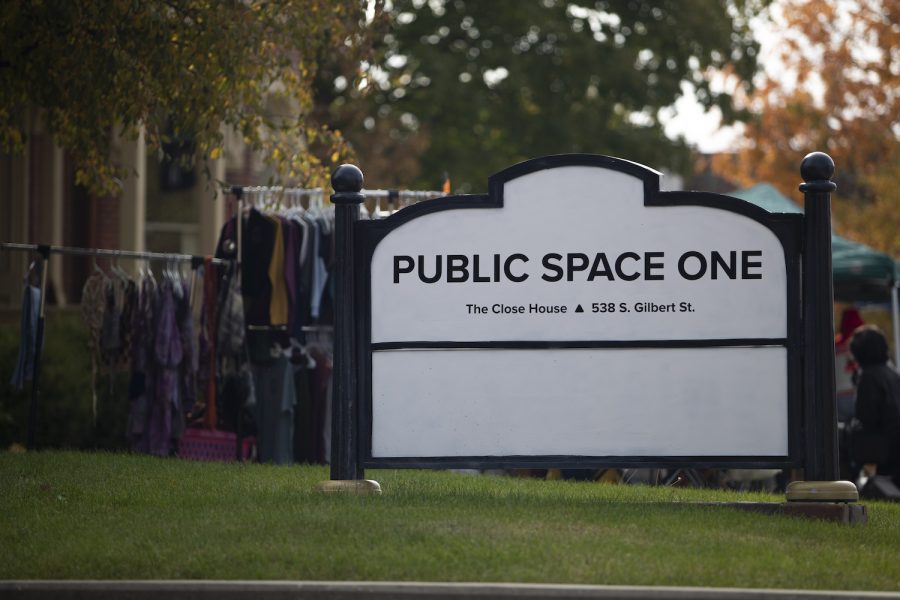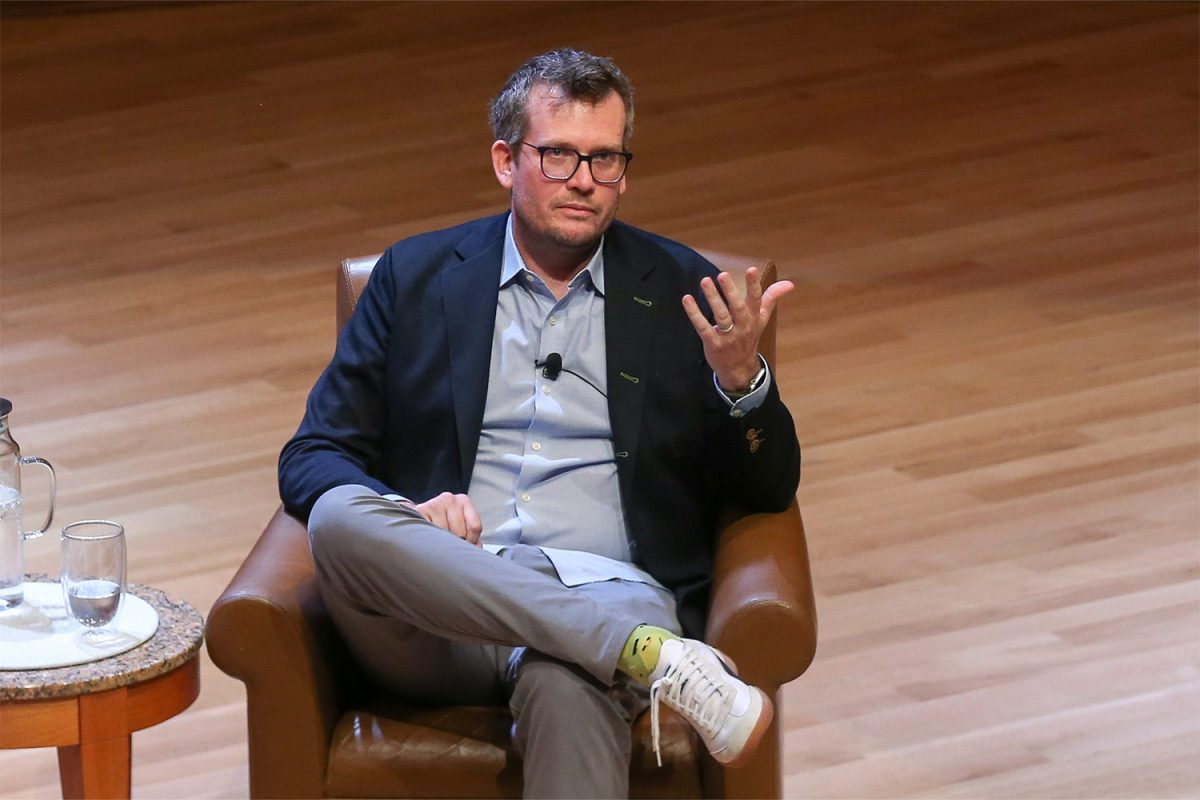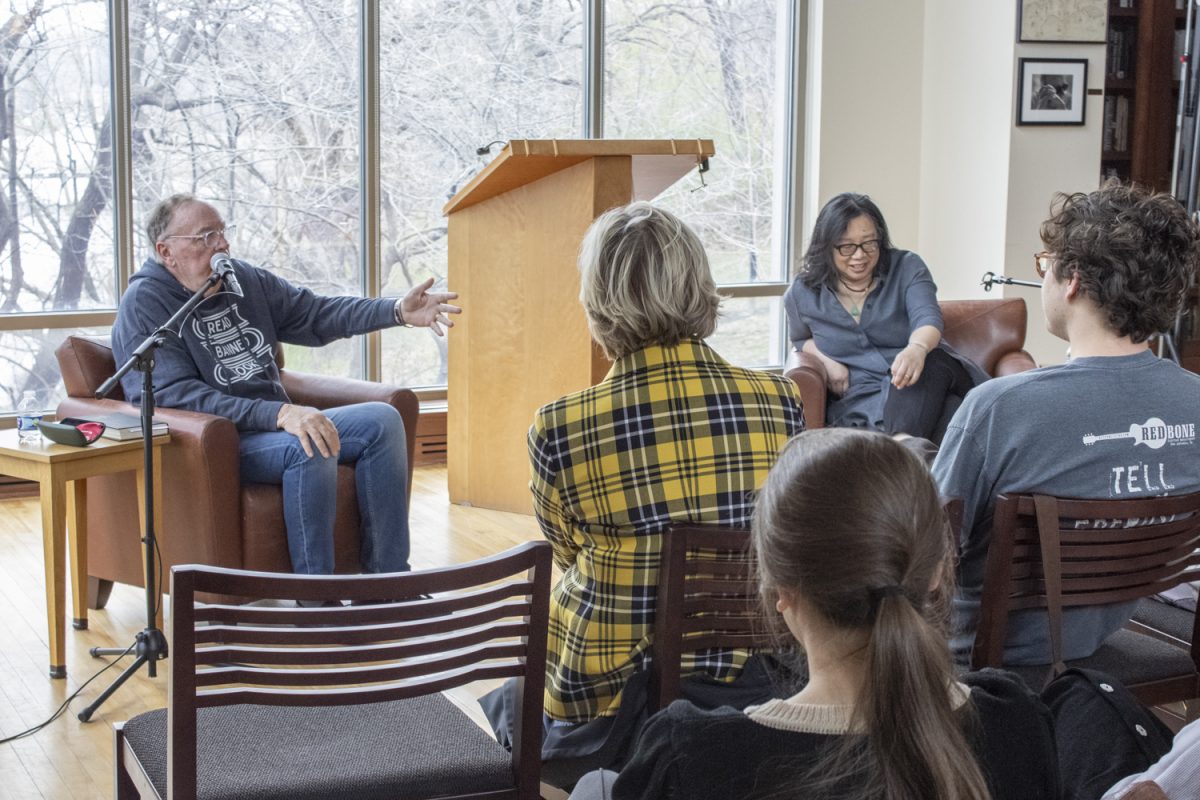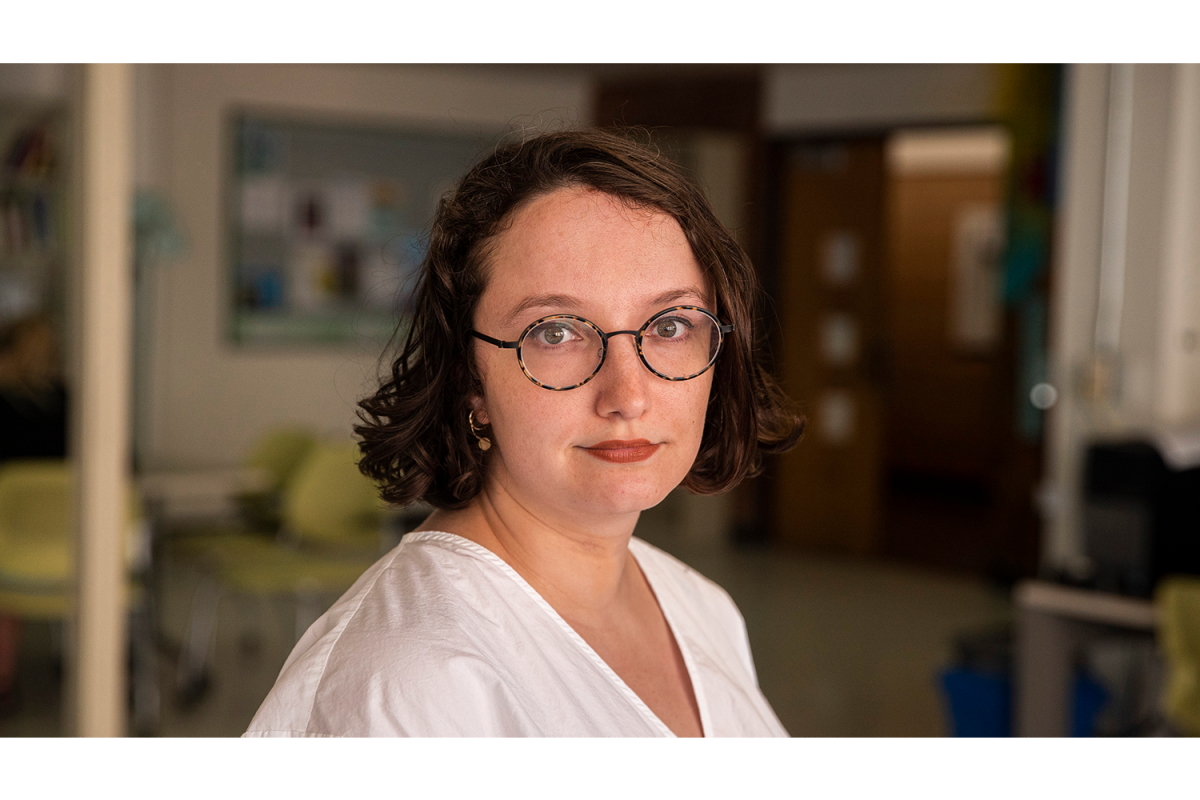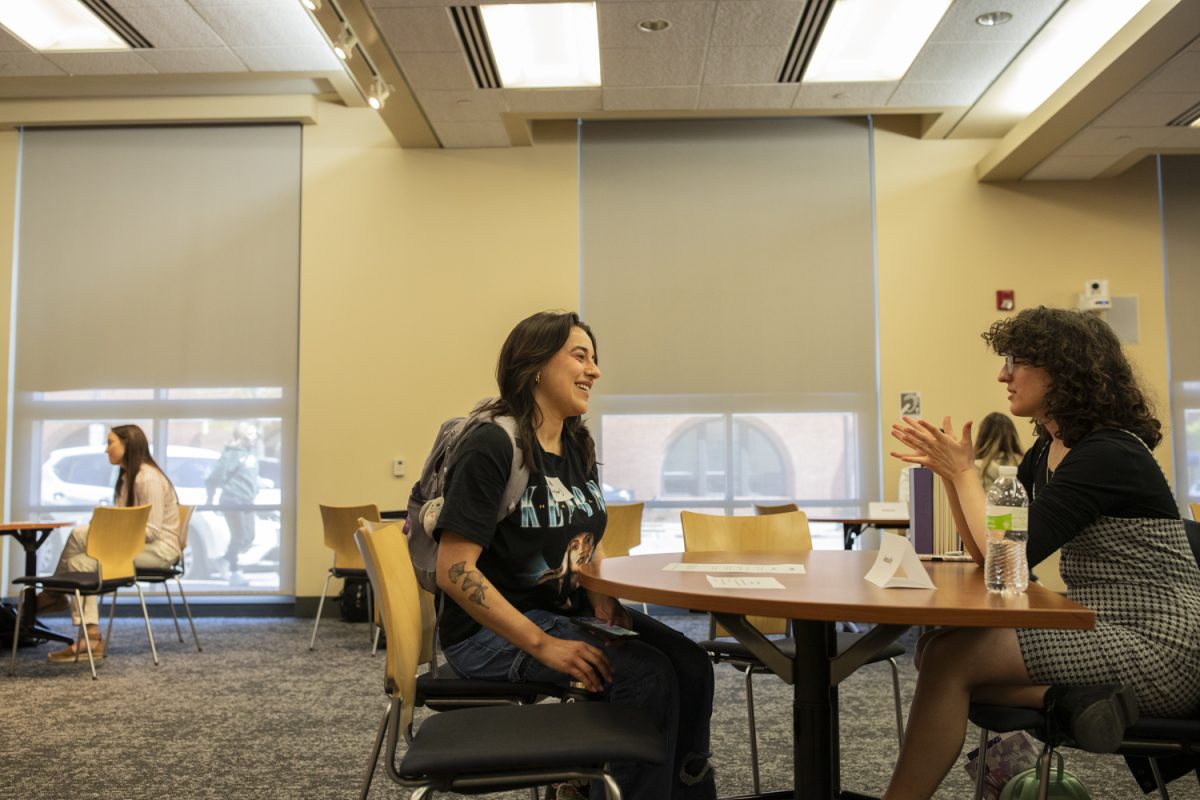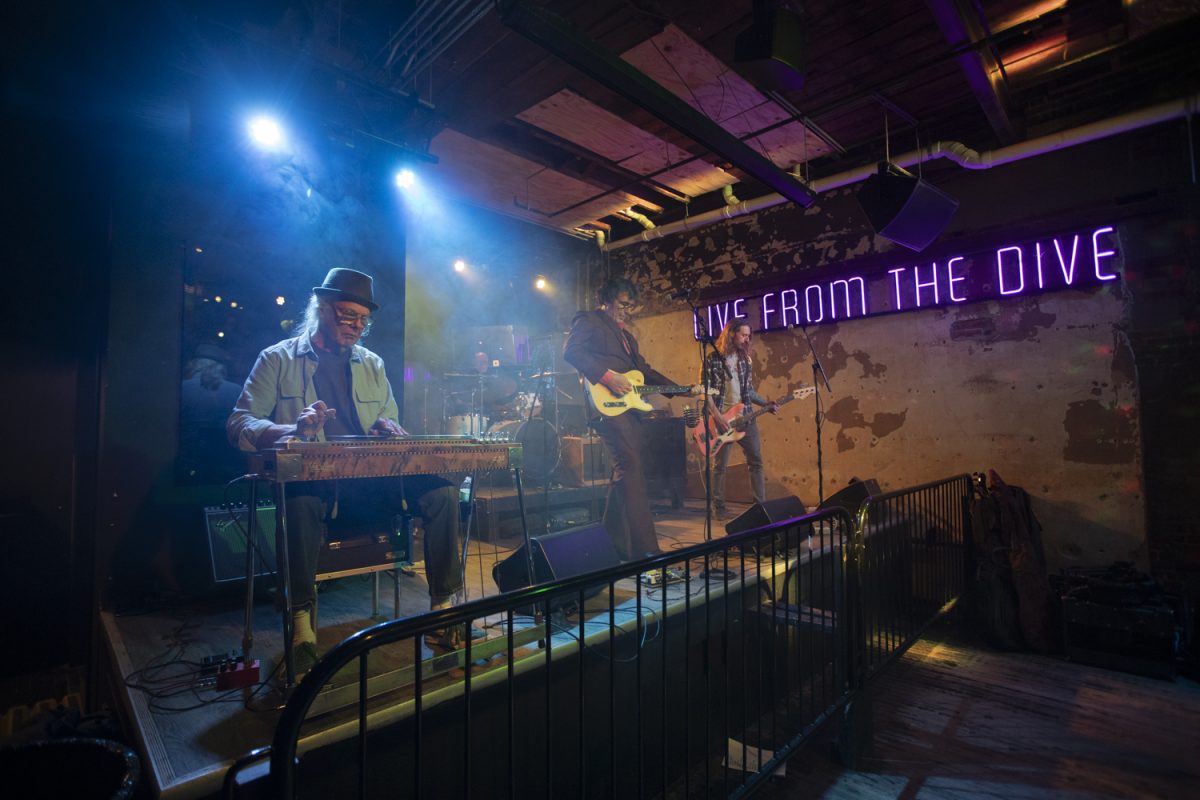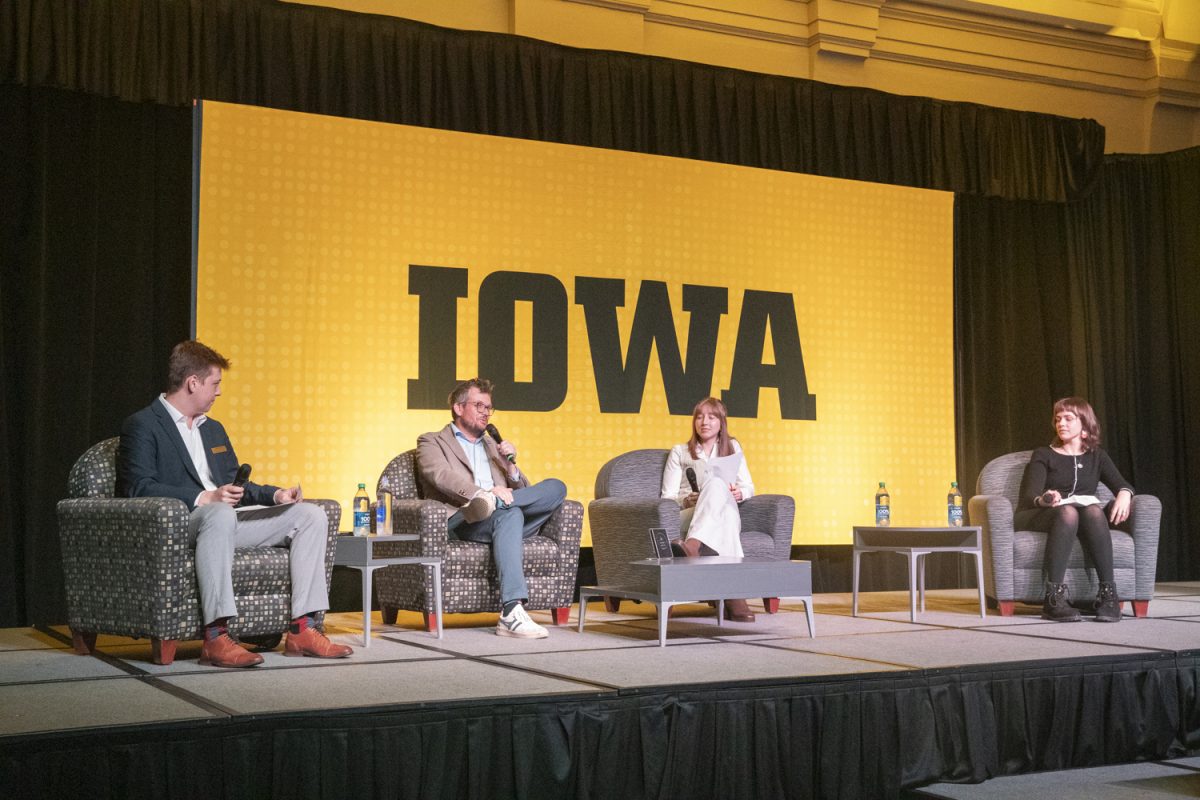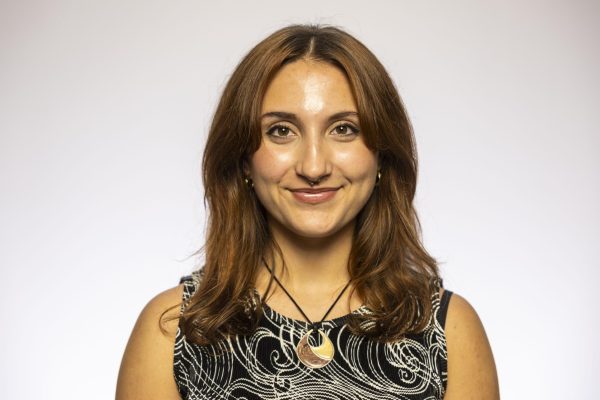Leslie Lehr wears many hats: writer, director, mother, and survivor. In her new book, “A Boob’s Life,” released in March of 2021, Lehr describes how she realized a broader, cultural obsession with boobs through her own following a battle with breast cancer.
Lehr received her Bachelor of Arts from the University of Southern California’s School of Cinematic Arts, and worked on the production of Prince’s 1987 concert film, “Sign O’ the Times” and Charles Bukowski’s 1987 film “Barfly,” among other large-scale productions.
“A Boob’s Life” takes form as part memoir, part feminist history by weaving research about pop culture and historical context throughout the different experiences she’s had as a woman with boobs. Lehr delivers her writing via humor, pain, education, and enlightenment, aiming to connect with women and boob owners alike through recollections that are often-times all-too-familiar.
The book is currently in the process of an HBO adaptation, on which Lehr is working alongside actress and producer Salma Hayek.
The Daily Iowan: What has the process been like in developing the HBO adaptation of “A Boob’s Life”? Has it been rewarding to see your written work become something visual, or has it, in some sense, been depletive of your original voice?
Leslie Lehr: In the process of making my first movie, it was horrible. As a woman, you’ll have men in the industry who will rewrite you for a lot more money and often don’t believe you’re capable of writing it at all. In terms of this book, I feel that the more people that hear my message, the better. This book hit number one in feminist literature on Amazon the same week HBO bought it as a comedy, so the adaptation won’t include the feminist history aspect of it, just my story — but current, like “Fleabag” plus more comedy. But who knows how it’ll end up? It takes many, many drafts of writing the pilot, then the pilot has to get approved, then so many other stages of approval before this series gets green-lit. But it’s any writer’s dream to be legitimized by the culture in terms of television and film, so, despite everything, I could not be more pleased. People will take away different things from it, but every takeaway is a gift because I’m just thrilled to be able to get my voice out.
DI: “A Boob’s Life” is part memoir, part feminist history. Can you share a little about your process of combining your personal experiences with a broader historical perspective?
Lehr: The creation of the book’s opening chapter is when I really decided, “Oh my God, why is there not a book about this already?” and “Why am I so obsessed with breasts” and, actually, “Why is everyone so obsessed with breasts?”, so I just started doing research and thought of every single part of my life and every single subject that had to do with breasts and women, and I would just put that into a file. It’s like when you buy a new car, suddenly you see that car everywhere. I started to see that breasts were everywhere and that everything related back to them. People still e-mail me articles or studies, even boob-related memes, all the time. I am the boob lady. The New York Times even called me the boob expert after an interview with Wirecutter about shopping for bras. Boobs — our obsession with boobs — is always changing: we push them up, we hide them, but my goal in writing this book was to make us as boob owners not judge ourselves by them so we stop judging others by theirs, which will help us get ahead in our fight for women’s rights. The research, from the beginning, was the biggest challenge in getting the book published because it wasn’t just a memoir; it started out as individual essays on each subject and, as I kept writing, I realized how the history I was citing eerily reflected my own experiences. What makes this book special is that it’s not about one particular experience, it’s about the realization that breasts not only reflect the culture but create the culture. It was really hard to categorize in terms of marketing it under one genre because the book is a hybrid of memoir and narrative non-fiction. That’s why, in the book, there’s a fact sheet about the topic at hand and how it developed over the years, especially regarding things that weren’t my specific experience like popular songs or fashion magazines, to give an overall snapshot of the greater subject. It was a conscious decision of, “I have to have these fact sheets, but where do I put them?” and, on one hand, I could put them at the end as a reference where nobody would really look, or I could weave them in the book at the end of each chapter. So, I went with the latter because the facts really solidified my experiences.
RELATED: Exploring the soul of jazz: a conversation on the culture of jazz in Iowa City
DI: I find it interesting the duality of the exploitation of breasts and their often simultaneous empowerment, where that line falls, and how we can identify whether it’s falling more towards one side than the other. How do you see this duality manifesting in the future?
Lehr: The difference between the “Girls Gone Wild” franchise and the “Free the Nipple” movement is all in the viewer. As women or people with boobs, we have to own the responsibility of how much we show and what that means, and whether or not we care about how other people respond. That duality is exactly our challenge because, while everyone wants to be perceived as beautiful, we also dont wan’t to be judged by our beauty. Sigmund Freud, a known misogynist, influenced the modern classification of you’re either a madonna or you’re a w****. You’re either feeding babies or you’re a sex object. And, as we know, you have to be a sex object to be feeding the babies, so he was really f***** up in his analysis. When Playboy came out, advertising used men’s attraction to women’s breasts in order to exploit them and receive attention. Breastfeeding women were encouraged to use formula because men invented formula and wanted to sell it. The knitwear factories developed cheerleading sweaters that were clingy so suddenly cheerleaders were mostly women and not men. Plastic surgeons decided they could market breast augmentation if the FDA said small breasts were the result of a disease. All these things happened over a short period of time in order to sexualize breasts, commodify the nipple, and create that duality. So, I think most women are both madonna and w****, and much more complex, and while Western politics stress the importance of the nuclear family, they ignore the very ones who bring life into this world. That duality is exactly the challenge, and women work against themselves with a simple glance in the mirror and a passing thought of, “I hate my boobs and I wished they looked different.” We have to be conscious of how the media is affecting us, how we judge ourselves, and how we judge other people.
DI: As someone who has survived breast cancer, you know firsthand the fear that potentially losing your breasts would translate to a loss of your femininity. Why is femininity so defined by having breasts?
Lehr: I think that women’s identities are related to their breasts. Top surgery, in terms of both feminization and masculinization, is one of the first surgeries that people who are transgender will receive because breasts, or the lack of breasts, define one’s gender … I’ve had the discussion of, “Why is it boobs in the West versus butts elsewhere?” but, what most people don’t understand is, the other parts of your body that are covered up are sexual: they’re your sexual organs. But the top half of your body is the most identifiable part of one’s gender. Breast augmentation is the number one elective surgery for women in America, with over 300,000 women every year. Breast cancer is around the same number with around 250,000 women diagnosed every year. They’re very similar statistics, and yet they’re not the same women. Only recently have I, someone with breast implants, started to be less judgemental because there shouldn’t be a difference between someone wanting to have breasts to look more womanly in our culture versus someone who was ill and wants to be reconstructed to their former female shape because it all contributes to making us feel like a woman.
DI: With our current political and social climate, what hope should women have for the future of our bodies and the future of how our bodies are perceived?
Lehr: Breasts are a part of your body that, as a woman, you’re born with and acknowledge more and more as you age. When you’re young, you envy your mom and you can’t wait to own your first bra. And then you hope your boobs will attract boys, hide them when you want to get jobs, use them when you have babies, and then sometimes they get breast cancer. We go through so many stages of our lives in a personal relationship with our breasts and it impacts our identity in terms of how we feel about ourselves because they shape our experiences and they shape other people’s reactions to us. After the success of the “Time’s Up” and #MeToo movements, we’ve witnessed rollback: It’s always two steps forward and three, four, even five steps back. We’re still fighting for equal pay. The most we can do right now is to be aware, and I hope to see women use this as an opportunity to educate themselves. Women are too often voting alongside their husbands and do not realize that their husbands, men who are used to having this power, are protecting themselves, and their dependence on their husbands creates a catch-22 of having to vote against their interests. However, we need to be inclusive towards these women and spread love, awareness, and education in order to have the rights we deserve. The change we need won’t come through fighting with those women, but by knowing that we are the same in terms of our desire to have rights and to be respected. Our boobs are a wonderful gift to everyone and we need to appreciate them no matter what they look like.
Lehr will be speaking about “A Boob’s Life” in conversation with author Beth Howard at Prairie Lights Bookstore in Iowa City on Thursday, July 13, 2023, at 7 p.m.





